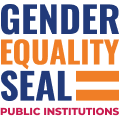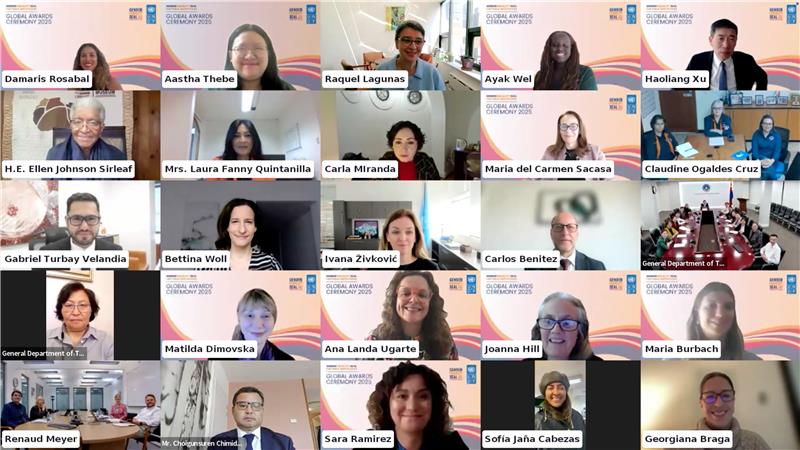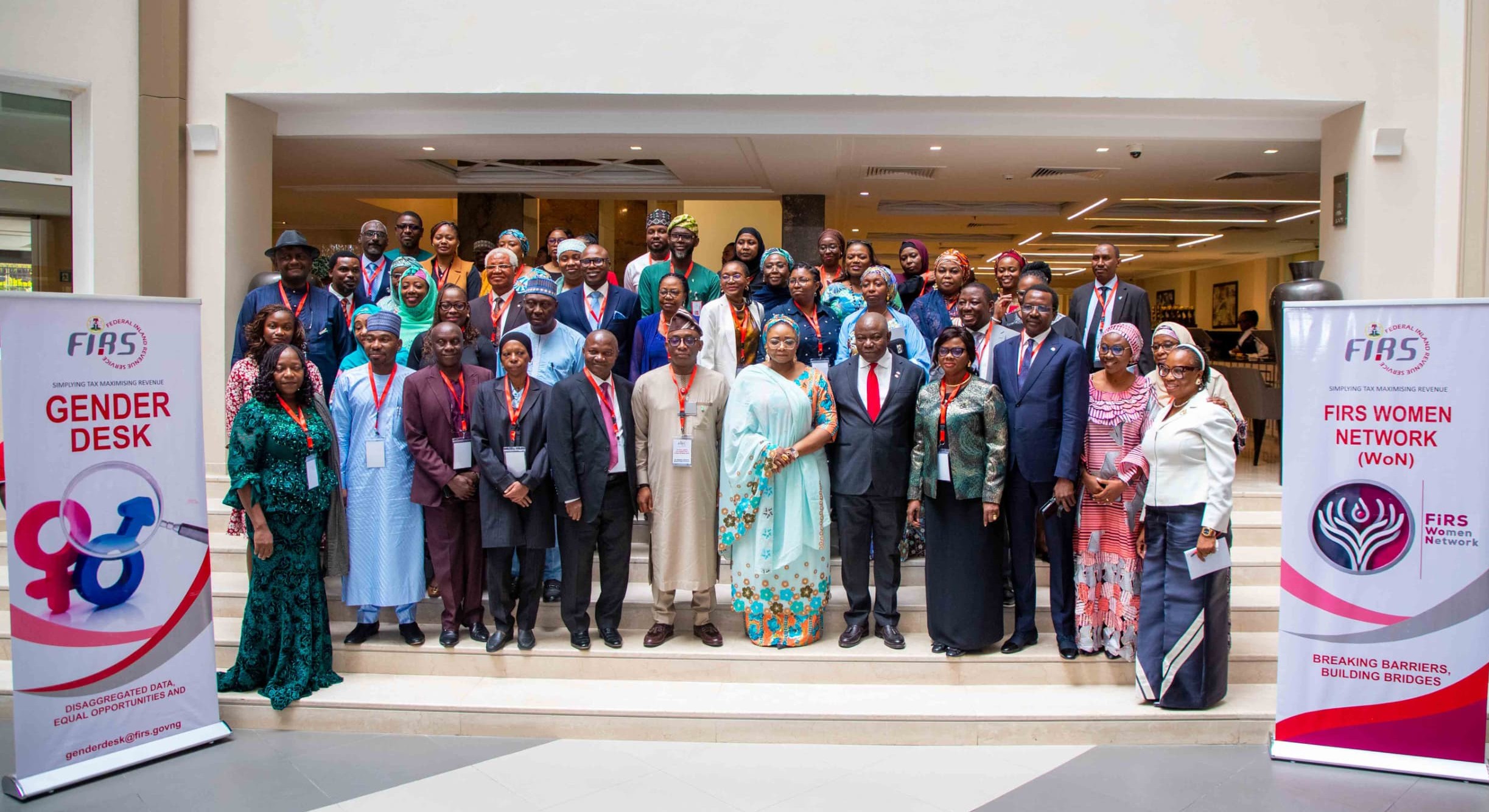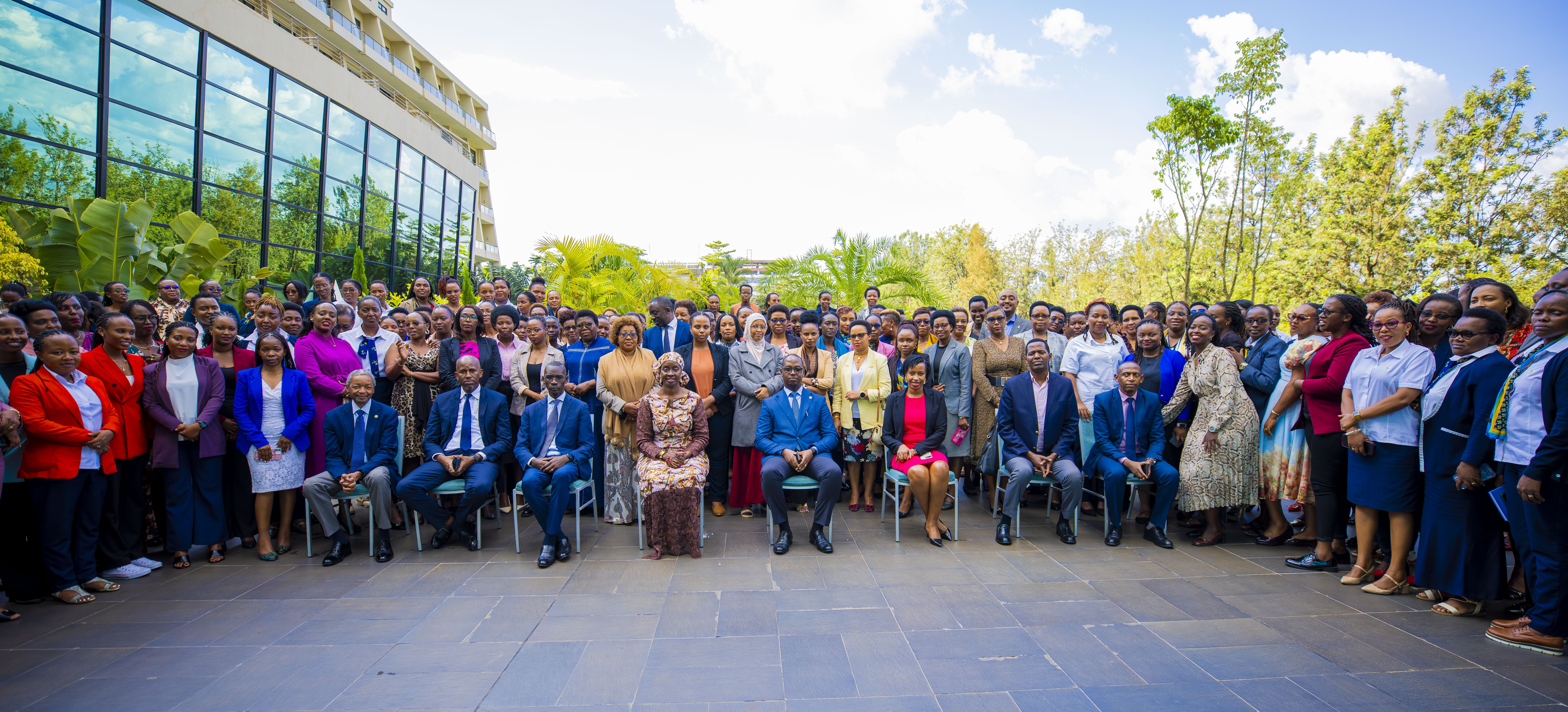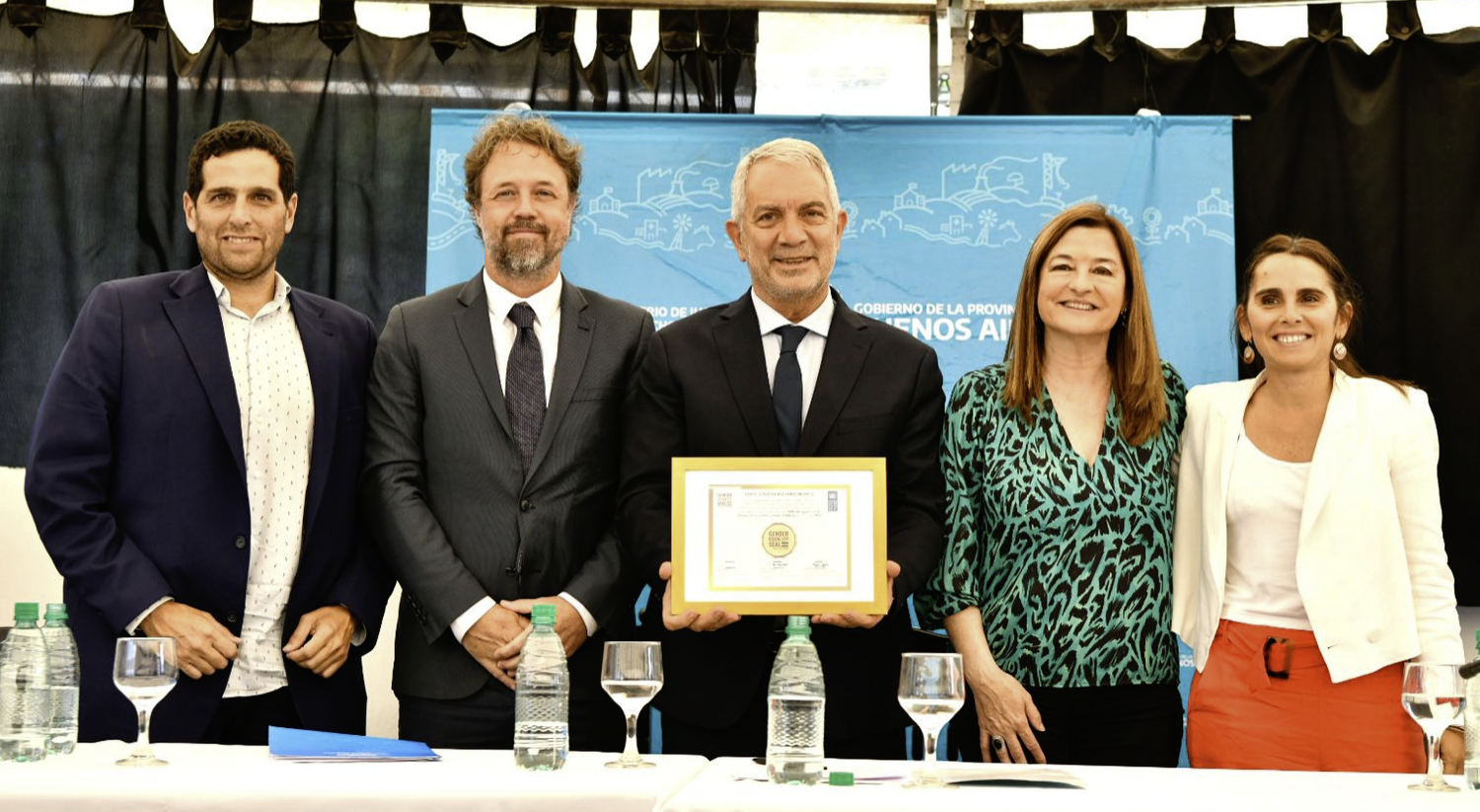
The Ministry of Justice and Human Rights of the Province of Buenos Aires received last November 17th from the Resident Representative of the United Nations Development Programme (UNDP) in Argentina, Claudio Tomasi, the Gold medal of the UNDP Seal of Gender Equality in Public Institutions for having achieved a score of 88 out of 100, meeting a total of 35 of the 40 benchmarks of the Seal’s Standard. The Ministry thus becomes the first institution in Argentina and the second Ministry of Justice globally, to obtain this recognition, for its commitment and results in making prison policies and practices instruments to advance towards gender equality and the achievement of the Sustainable Development Goals.
It is also the institution, of all those awarded so far, that has achieved this recognition in the most expeditious way possible, due to the work it had already been carrying out prior to joining the Seal program. This result is even more relevant given the complexity of an Institution that covers a territory of 307,571 km2, almost twice the size of the Eastern Republic of Uruguay, and that has within its sphere of competence, among other institutions, the Buenos Aires Penitentiary Service, with 58 Penitentiary Units that house a total of approximately 54,000 inmates.
At the event, which took place at the Cadet School of the Buenos Aires Penitentiary Service, Julio Alak, Minister and recently elected Mayor of La Plata, highlighted that the Gold Seal medal “is an achievement of our Service, which ennobles and reaffirms the principles that we defined from the beginning: moral honesty, teamwork, because we are all peers; respect for others and efficiency, which is what the community demands from us”. These results were possible thanks to the collaborative effort between the teams of the Ministry of Justice and UNDP Argentina’s Gender and Democratic Governance teams, together with the Seal’s regional and global teams.
In the case of the Ministry of Justice and Human Rights of Argentina, the leadership of the Minister and the management teams has undoubtedly been a key factor in the results achieved. Likewise, the implementation of a Permanent Advisory and Consultative Commission on Gender and Diversity Policies composed of representatives from all areas of the Ministry with the aim of promoting, monitoring and articulating gender and diversity policies carried out within the Ministerial Portfolio in a cross-cutting and interdisciplinary manner. In addition, the Ministry deployed a broad and articulated set of institutional resources to guarantee gender mainstreaming in the complete public policy cycle and, at the same time, ensure its sustainability: human resources with gender competencies; gender architecture; integration of the gender perspective in strategic planning and institutional budgeting, as well as in monitoring and accountability. Among the main results, the following stand out:
The governance of the ministry’s public policies has been broadened through the systematic involvement of organized civil society, communities, university and research centers, NGOs, which are involved in different processes of the implementation of programs and initiatives and take advantage of the listening channels established by the ministry.
The achievement of a total reversal of the masculinizing trend in the penitentiary career (officers/non-commissioned officers) where 70% of applications from women have been achieved, significantly surpassing the 30% quota established in previous administrations. In addition, very important progress has been made in improving the environment with various measures, including several that contribute to work/personal reconciliation and co-parental responsibility, as well as mechanisms to prevent and act in cases of discrimination and gender-based violence in the workplace.
Another important achievement was the modification of the Prison Service admission regulations to eradicate the indirect biases that limited women’s access to the prison career, thus increasing the number of women entering the Cadet School of the Prison Service, which determined that in 2023 gender parity in the number of graduates would be achieved. Likewise, under an agreement with the National University of La Plata, through its School of Legal and Social Sciences, it launched the Bachelor’s Degree in Prison Management, whose curriculum includes the subject “Gender and Diversity Perspective” within the general training course.
With regard to the prison population, the reduction of 20% in the recidivism of men prosecuted for gender violence as a result of the new masculinities focused interventions for male aggressors that are being accompanied by the Patronato de Liberados Bonaerense (they do not include femicides or men convicted of attempted femicide) is noteworthy. Likewise, the application of the measure of house arrest for mothers with children under 5 years of age has been increased to 50%, a measure that is essential for strengthening the bond of mothers with their children and their families. Likewise, the participation of women deprived of liberty in university studies has increased by 70% in the last 4 years.
